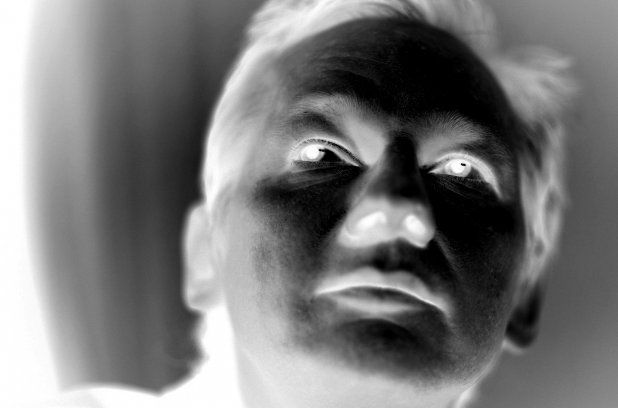
OPEN LEAKS, BROUGHT TO YOU BY THE WIKILEAKS' DEFECTORS
After falling out with WikiLeaks spokesman Julian Assange in September, a group of former insiders at the now-notorious whistle-blower site are about to launch their own project, OpenLeaks. Describing the new site as a conduit rather than a publisher of leaked information, its founders hope to avoid the political controversy that has enveloped WikiLeaks, and serve the mission of bringing down corrupt regimes and organisations better. By SIPHO HLONGWANE.
WikiLeaks has always had a twofold function: Storing content supplied by whistle-blowers from around the world and then publishing that content. The second function was what eventually dumped the organisation in trouble with the authorities.

One former high-ranking staffer at WikiLeaks hopes to avoid the controversy that has dogged the site by foregoing the publishing role of online activism altogether. Daniel Domscheit-Berg, formerly the WikiLeaks spokesman in Germany, and right-hand man to Assange, is launching Openleaks today. He calls it a “neutral conduit”.
Speaking to Forbes, Domscheit-Berg said the site would partner with media and non-governmental organisations, which would accept material from OpenLeaks and publish it themselves. Like WikiLeaks, the site will have a secure online drop-box, but unlike WikiLeaks, the source can designate which media organisations the leaks will go to for fact-checking, redaction and publication. If the designated recipient of the leak does not publish the material, it will be passed on to another partner. OpenLeaks will reportedly partner with five newspapers worldwide initially, but will expand to include the likes of NGOs, news agencies and labour unions. Crucially, OpenLeaks will not publish anything themselves.
OpenLeaks is not a competitor to WikiLeaks, Domscheit-Berg told Forbes. “The people working on it don’t think WikiLeaks is headed in the right direction,” he said. “But what we’re aiming at is fundamentally so different that we don’t see it as competition.”
In an interview with Der Spiegel soon after he left WikiLeaks, Domscheit-Berg criticised what he saw as structural anomalies within WikiLeaks, which eventually led to power resting unilaterally in Assange’s hands. “WikiLeaks is stuck in a phase in which the project has to change itself,” he said. “We grew insanely fast in recent months and we urgently need to become more professional and transparent in all areas. This is being blocked internally.
“It is no longer clear even to me who is actually making decisions and who is answerable for them. Because of the high pressure we have all been under following the publication of the American military documents, we have not been able to restructure our organization accordingly.
“This has created a situation in which not all of the work is being done correctly, and that is overwhelming the project,” he said.
According to Domscheit-Berg, resource constraints prevented WikiLeaks from publishing all the leaked documents provided to them (a fact which Assange himself verified) and the decision process to choose which documents would get leaked necessarily became a political one, changing the nature of the organisation itself.
Assange’s autocratic style also played a great part in pushing Domscheit-Berg and others out of WikiLeaks. The OpenLeaks founder questioned the wisdom of allowing Assange to be the public face of the organisation in the midst of the sexual impropriety charges in Sweden, the erosion of the transparent decision-making process within WikiLeaks, and the focus on irregular megaleaks at the expense of smaller, more localised leaks. Assange took the criticisms personally, and unilaterally suspended Domscheit-Berg from WikiLeaks.
Speaking in September, he said, “...Julian Assange reacted to any criticism with the allegation that I was disobedient to him and disloyal to the project. Four weeks ago, he suspended me - acting as the prosecutor, judge and hangman in one person.”
After Domscheit-Berg’s unilateral suspension from the organisation, Assange said to other staffers who questioned his decision, “I am the heart and soul of this organisation, its founder, philosopher, spokesperson, original coder, organiser, financier and all the rest. If you have a problem with me, piss off.”
Under the OpenLeaks approach, the heft of the journalistic work will reside where it belongs – with editors and journalists. The possibility of properly redacting the data, and the provision of understanding by the journalists will still be there, something which WikiLeaks made nigh impossible by publishing the leaked raw data without any journalistic work (aside from redactions) done. Most importantly, by not accepting the responsibility of publishing, OpenLeaks stands a credible chance of quietly going about its work without massive political interference. DM
www.thedailymaverick.co.za/article/2010-12-13-openleaks-brought-to-you-by-the-wikileaks-defectors
Dec. 13, 2010
